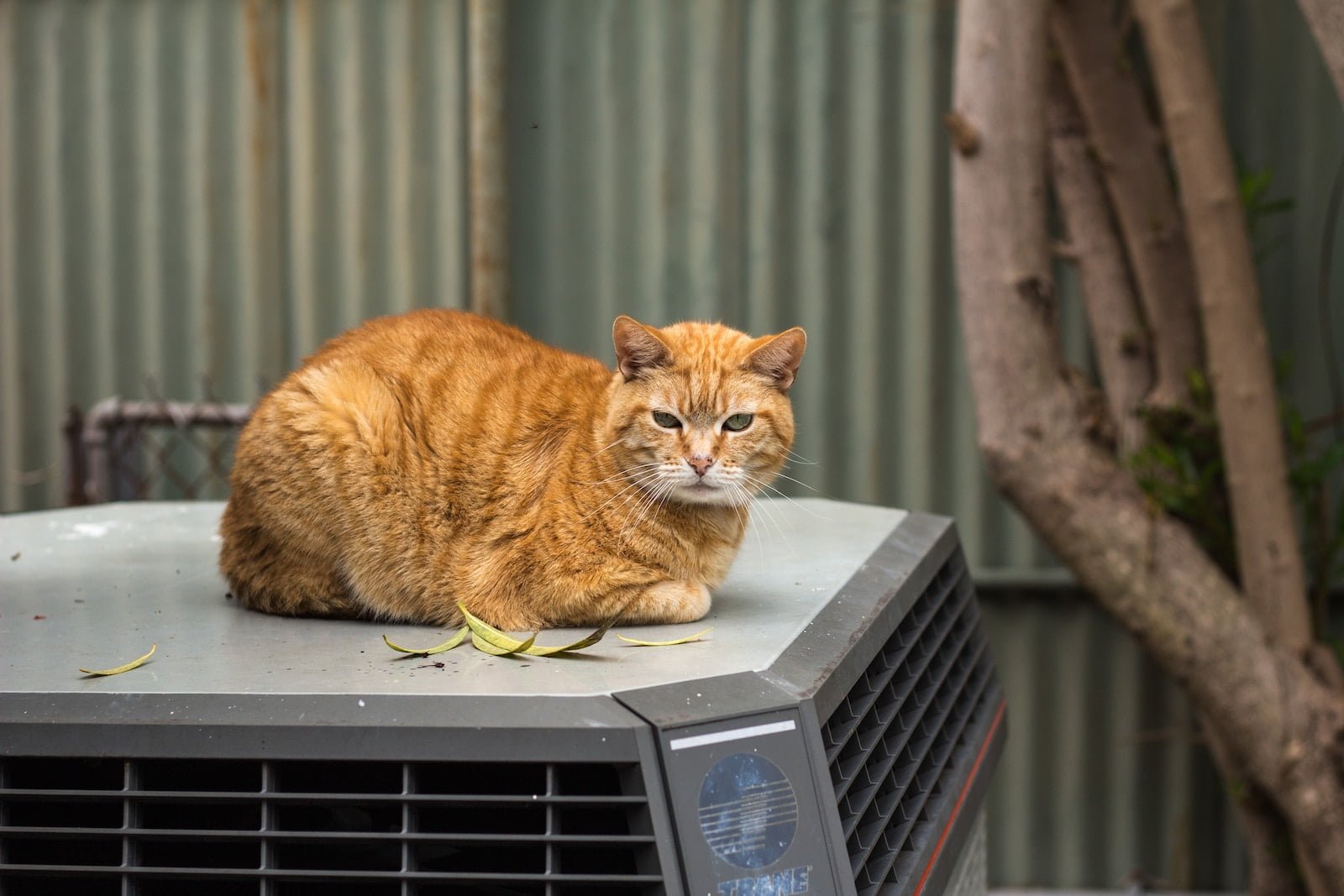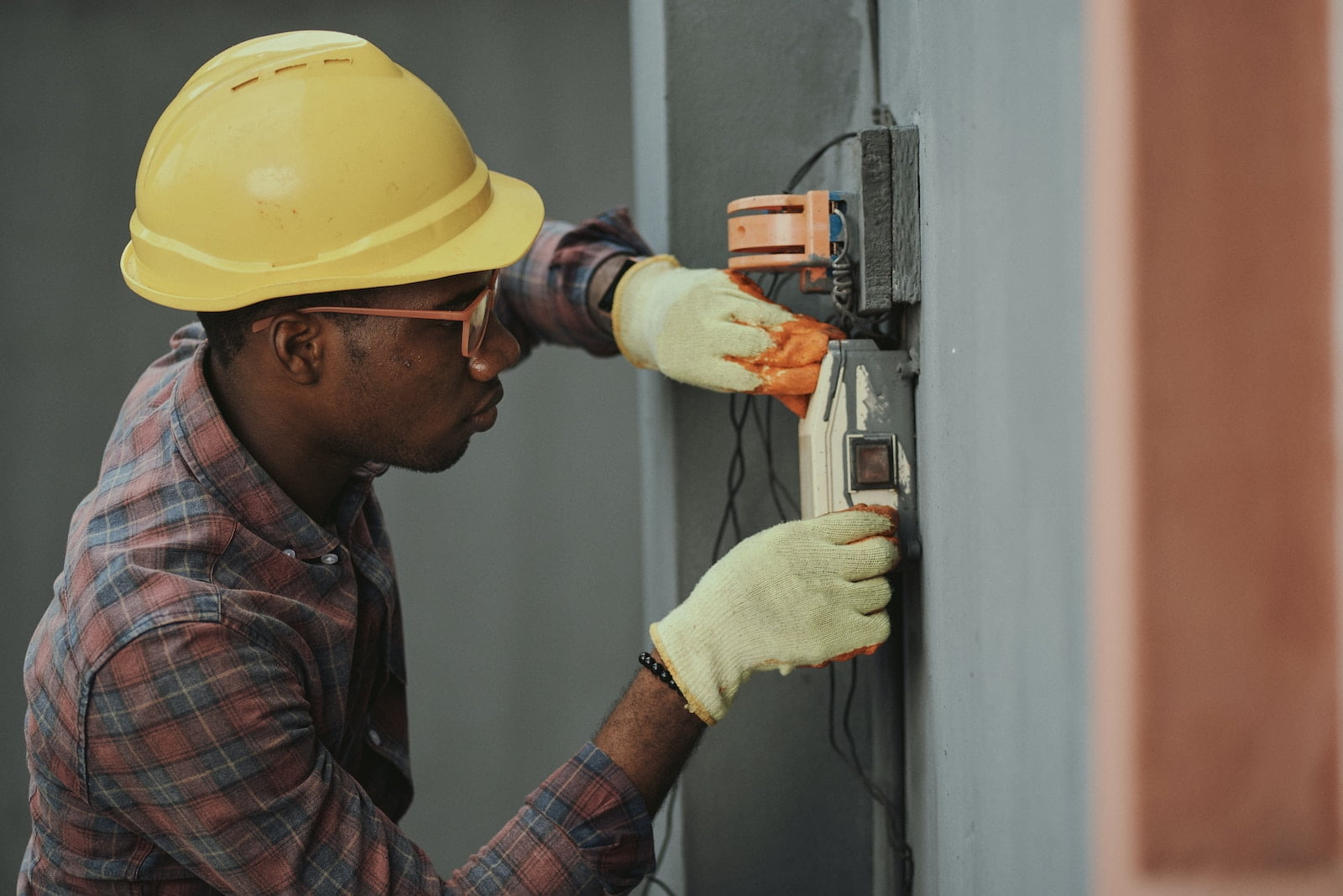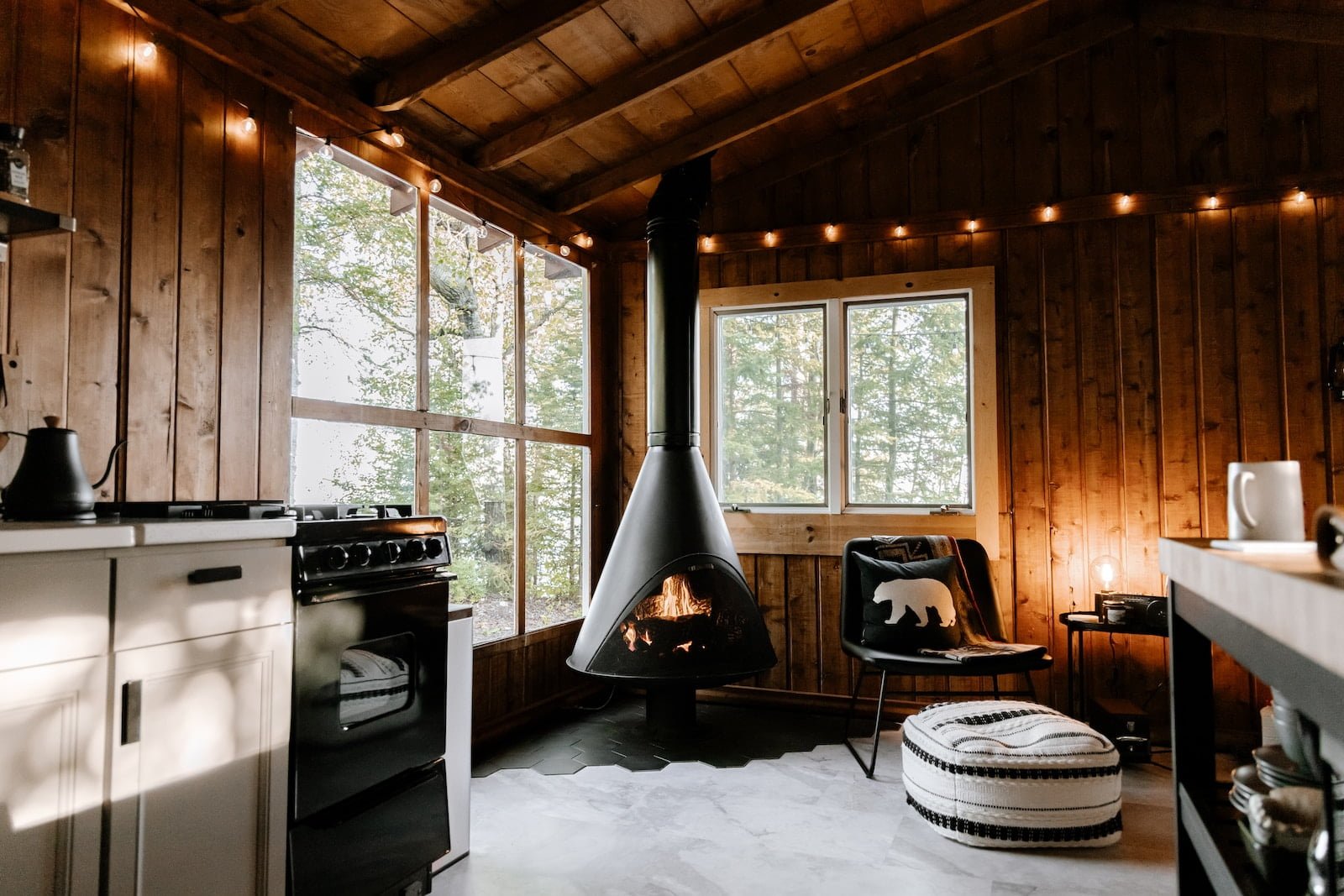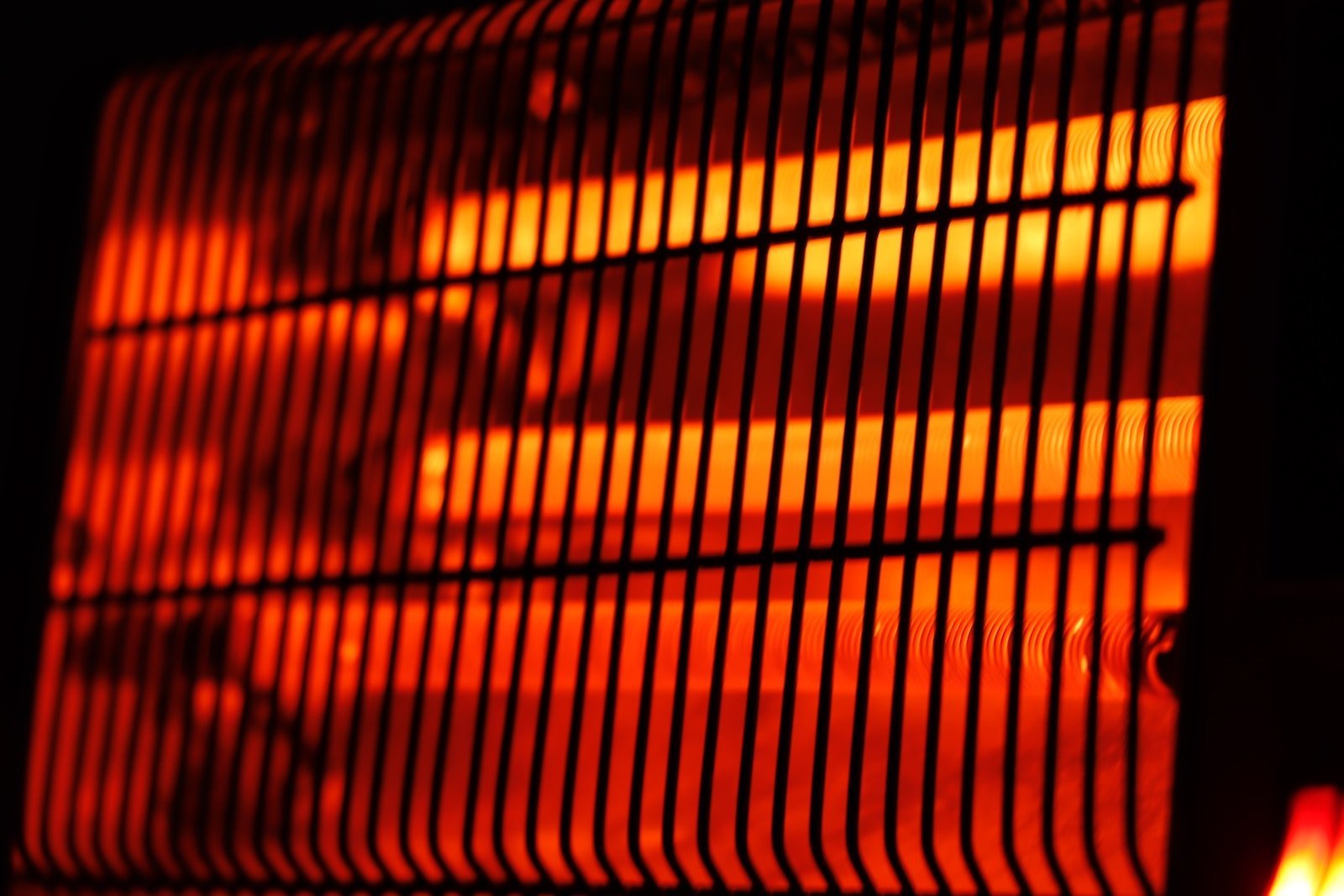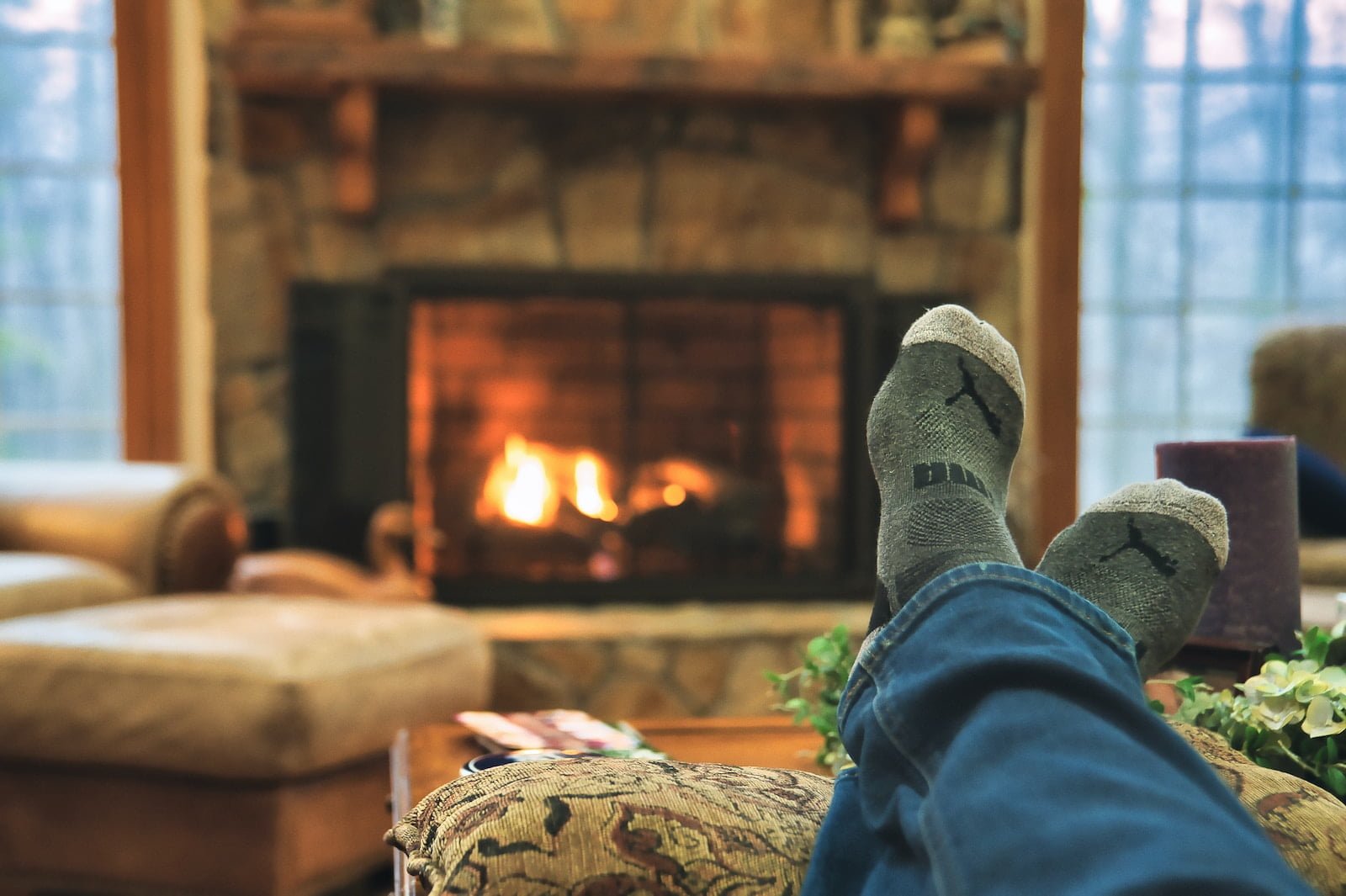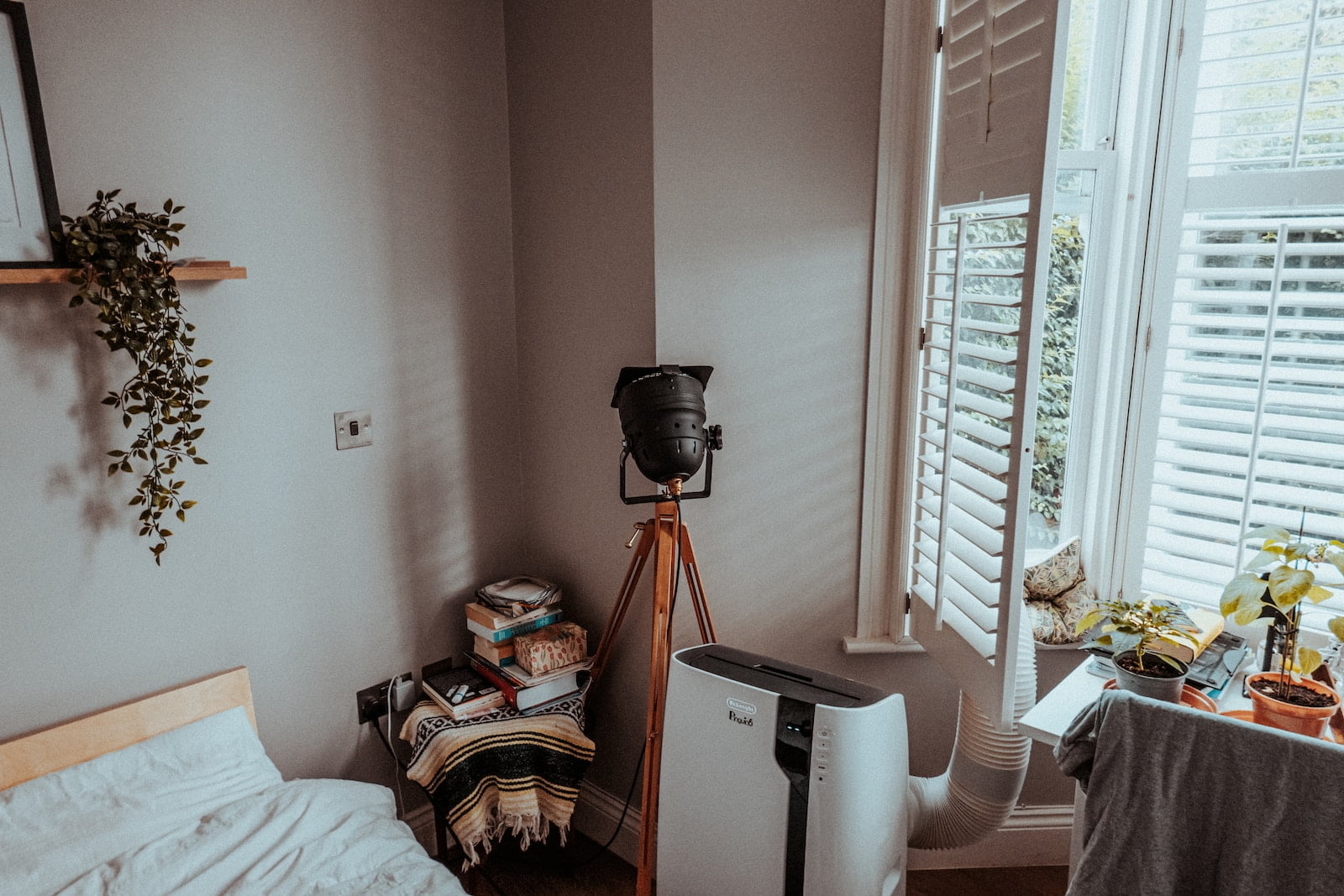Preparing Your HVAC System for Severe Weather
As the world experiences more extreme weather conditions, it’s becoming increasingly important to prepare HVAC systems for severe weather. HVAC systems are essential for maintaining comfortable indoor temperatures, but they can also be vulnerable to damage from harsh weather conditions. By taking the necessary precautions, homeowners and businesses can ensure that their HVAC systems are ready to withstand severe weather events. In this article, we’ll explore the importance of preparing HVAC systems for severe weather and provide some helpful tips to help you get started.
Extreme weather conditions such as hurricanes, tornadoes, and blizzards can have a significant impact on HVAC systems. Strong winds, heavy rain, and snow can damage HVAC units, causing them to malfunction or even fail completely. This can result in uncomfortable indoor temperatures, decreased indoor air quality, and higher energy bills. By taking the time to prepare your HVAC system for severe weather, you can minimize the risk of damage and ensure that your system continues to function properly when you need it most.
Whether you’re a homeowner or a business owner, preparing your HVAC system for severe weather is an essential part of disaster preparedness. By following a few simple steps, you can ensure that your HVAC system is ready to withstand even the most extreme weather conditions. In the following sections, we’ll discuss some of the key steps you can take to prepare your HVAC system for severe weather.
Steps to Take to Protect Your HVAC System During Severe Weather
Another important step to take to protect your HVAC system during severe weather is to keep the area around your outdoor unit clear. Make sure there are no branches, leaves, or debris that can get caught in the unit or damage it during high winds. You should also cover your outdoor unit with a specialized cover to protect it from hail, snow, and other debris that can cause damage. Additionally, it is important to turn off your HVAC system during a severe storm to prevent power surges that can damage the system. Once the storm has passed, you can turn the system back on and check for any damage that may have occurred. If you notice any issues, it is best to call a professional HVAC technician to inspect and repair the system. By taking these steps, you can help protect your HVAC system and ensure it continues to function properly during severe weather conditions.
Common HVAC System Problems During Severe Weather and How to Address Them
Another common problem that HVAC systems encounter during severe weather is frozen pipes. When the temperature drops below freezing, the water in the pipes can freeze, causing them to expand and potentially burst. This can cause significant damage to your HVAC system and your home. To prevent frozen pipes, make sure your HVAC system is properly insulated and that your thermostat is set to a temperature that will keep your pipes from freezing.
In addition to frozen pipes, severe weather can also cause your HVAC system to overwork and eventually break down. This is because extreme temperatures can put a lot of stress on your system, causing it to work harder than it should. To prevent this from happening, make sure your HVAC system is properly maintained and serviced regularly. This will help ensure that it is running efficiently and can handle the demands of severe weather.
Overall, there are several common HVAC system problems that can occur during severe weather. By understanding these issues and taking the necessary steps to prevent them, you can help ensure that your HVAC system is running smoothly and efficiently all year round.
Benefits of Regular Maintenance for Your HVAC System Before Severe Weather
Moreover, regular maintenance of your HVAC system before severe weather can save you money. A well-maintained HVAC system can operate more efficiently, which means it will consume less energy. This translates into lower energy bills for you. Additionally, regular maintenance can help you avoid costly repairs or replacements. By identifying and addressing any issues before they become major problems, you can save yourself a lot of money in the long run. Finally, regular maintenance can help extend the lifespan of your HVAC system. If you take good care of your system, it will last longer and operate more effectively, which means you won’t have to replace it as often. This can save you a significant amount of money over time.
Signs that Your HVAC System Needs Professional Attention After Severe Weather
After a severe weather event, it is important to assess your HVAC system for any damage or issues that may have occurred. Here are some signs that your system may need professional attention:
Firstly, if your system is not turning on or is making strange noises, this could indicate a problem with the electrical components or the motor. It is important to have a professional inspect and repair these issues to prevent further damage to the system. Secondly, if you notice that your system is not heating or cooling your home properly, this could indicate a problem with the thermostat or the compressor. A professional can diagnose and repair these issues to ensure that your HVAC system is functioning efficiently. Thirdly, if you notice any leaks or moisture around your HVAC system, this could indicate a problem with the refrigerant or the drainage system. A professional can identify and repair these issues to prevent damage to your home and the system itself.
In summary, it is important to be aware of the signs that your HVAC system needs professional attention after severe weather. By addressing these issues promptly, you can prevent further damage and ensure that your system is functioning efficiently and effectively.
